

AI In Health and Wellness: Monitoring and Personalized Advice
AI in health is transforming wellness with smart tracking and personalized advice but at what cost? Privacy, bias, and control raise critical questions.
The Future Of
Personalization: How AI Is Rewriting The Rules Of Wellness
Bringing you Apple Watch and
Fitbit to the rescue. With the ability to detect any irregular symptom you may
have, from fastened heartbeats to high sugar levels, AI personalized wellness
devices can add many benefits to your life with the ongoing health support they
provide. Allowing you to always be aware of your health through a small
machinery, AI-powered health devices can prevent the chances of health risks
happening and can also suggest activities, meals or even workouts to do. They
focus on your input goals and help you make endless achievements whilst
monitoring your health. But is it all just an illusion?
When Tracking Can Do More Harm Than Good
was bringing people personalization to enhance the quality of life. However, it
may actually be its greatest peril as the risks grow along with its popularity.
It is true that AI devices bring common fears to people regarding privacy and
trust. But these are not the only ones we should be fearing. We’ve all been, at
some point, users of a fitness or wellness app. Whether it’s Apple’s health
application, Apple Watches, Fitbit, step tracking apps or any other types of
platforms that fits in the wellness category, each one has made us rely on it
for results. Depending on apps for progress checks and personalized workout and
activities is simply making you fall into the trap. With self awareness and
autonomy lost, people become subjects to many dilemmas. One of these dilemmas
is objectivity. Is AI really generating objective and neutral suggestions?
While that remains questionable, how personalized is AI getting is, in fact, a
paradox to many as it begins to require more and more intimate data to serve
its purposes and not break its promise. Is it all for the greater good or are
the hidden costs worse than the convenience people are craving?
Who Really Controls Your Health Decisions?
abilities to treat cases in a personalized manner are slowly revolutionizing
the health sector. Google’s DeepMind algorithm has proven that point by its
accuracy in spotting abnormalities, almost better than radiologists. It was
found to be highly effective with a significant improvement rate. This is
slowly creating an important revolution on a global scale. However, at the same
time, the peril to achieve such achievements is always the data access. Some
platforms may even deny users access or service due to poor fitness and health
metrics. While AI-powered devices grow stronger and more popular, there are
still skeptical people who will take precautions and still take a step from it,
no matter the effectiveness and convenience. As they reject AI, they also
reject giving permanently exploitable data and allowing themselves to be
controlled by AI. After seeing how convenient these devices are, they may start
to ignore their intuition and listen to what a device that knows their sleeping
pattern, nutrition and activity, decides. But are these decisions unbiased?
Well, just like humans, AI inherits bias from data and exhibits it. This was
highlighted by Kiyasseh et al. 's SAIS that were tested and found reliable to
make surgical assessments. However, it showed bias at the different rates
given, with underskilling or overskilling biases. So, who is really taking the
lead on your health?
Rejecting Or
Accepting?
to serve you and help you, it will seem more important to reclaim autonomy over
your health. New vigilance is created and people start to disable every
unnecessary data required by their devices and demand transparency from the
companies making those products. As it brings outstanding performances,
potentially saving lives, it does come at a heavy cost too. The risks are
undeniable and they are your call to advance with caution. Rejection is not
always the solution while the future is being driven by AI. But the third path,
and the right path to take, is simply the one where people don’t completely
ignore AI nor do they fully rely on it. It’s the one where you are empowered by
AI and use it for seeking advice rather than seeking a complete consultation.
One where the doctor and patient relationship are preserved and favorited over
algorithms. A path prioritizing clear and significant boundaries about what
data people are willing to share with AI. Who's going to be trusted with health
then? Who will get to say the last word when it comes to your wellness and
well-being? The power of choosing falls into your hands now, so you need to use
it wisely. It’s your turn to decide who chooses the numbers and makes the right
calls: you, your doctor, or an algorithm whose purpose is to please.
Author: Gaelle Rizkallah
Comments






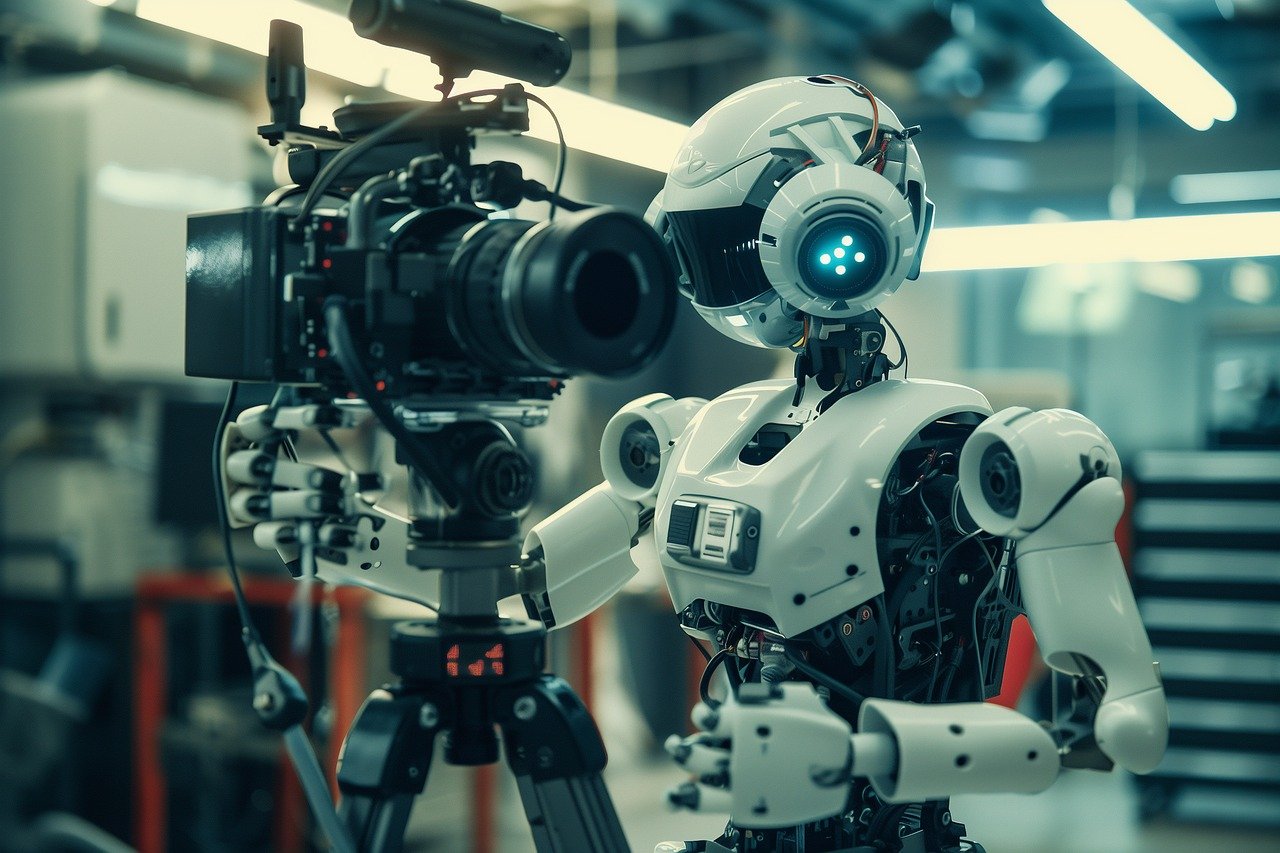
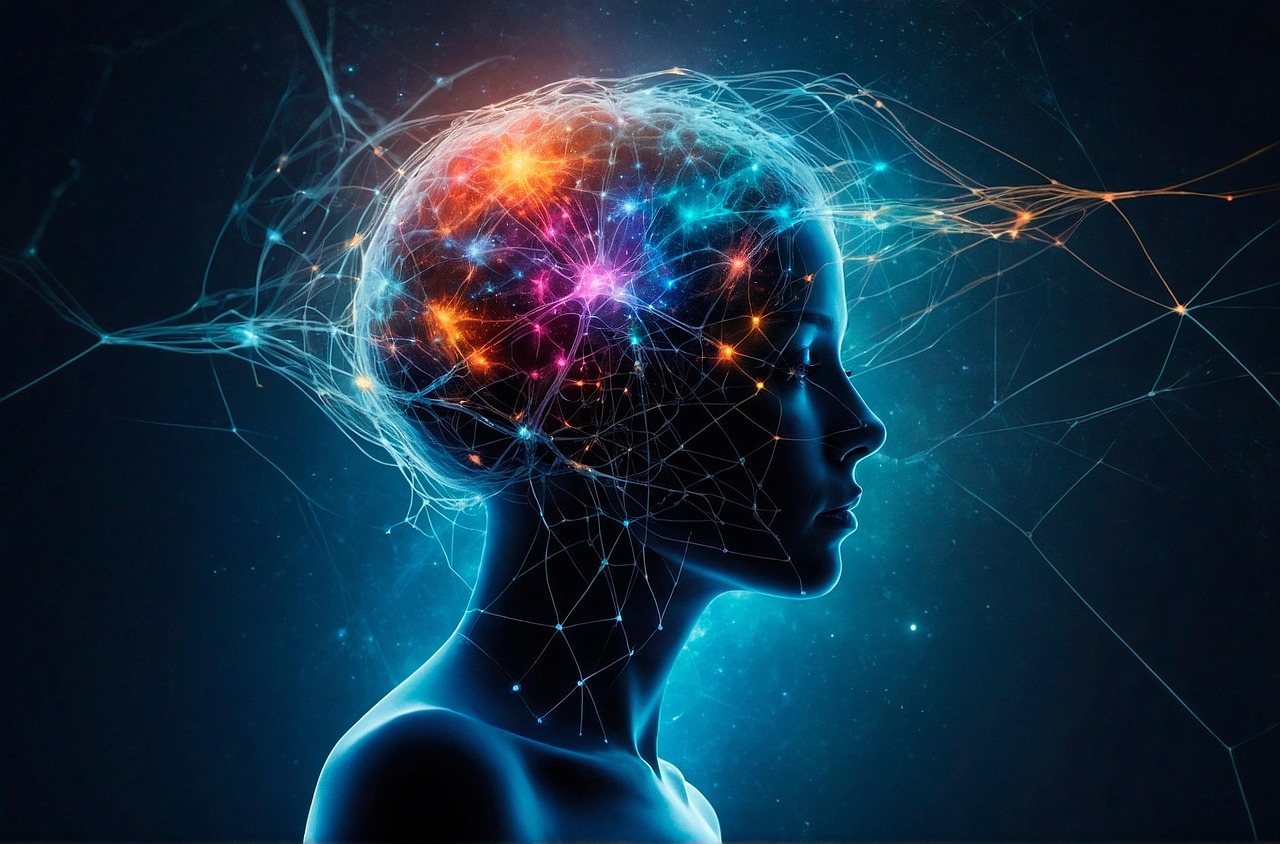
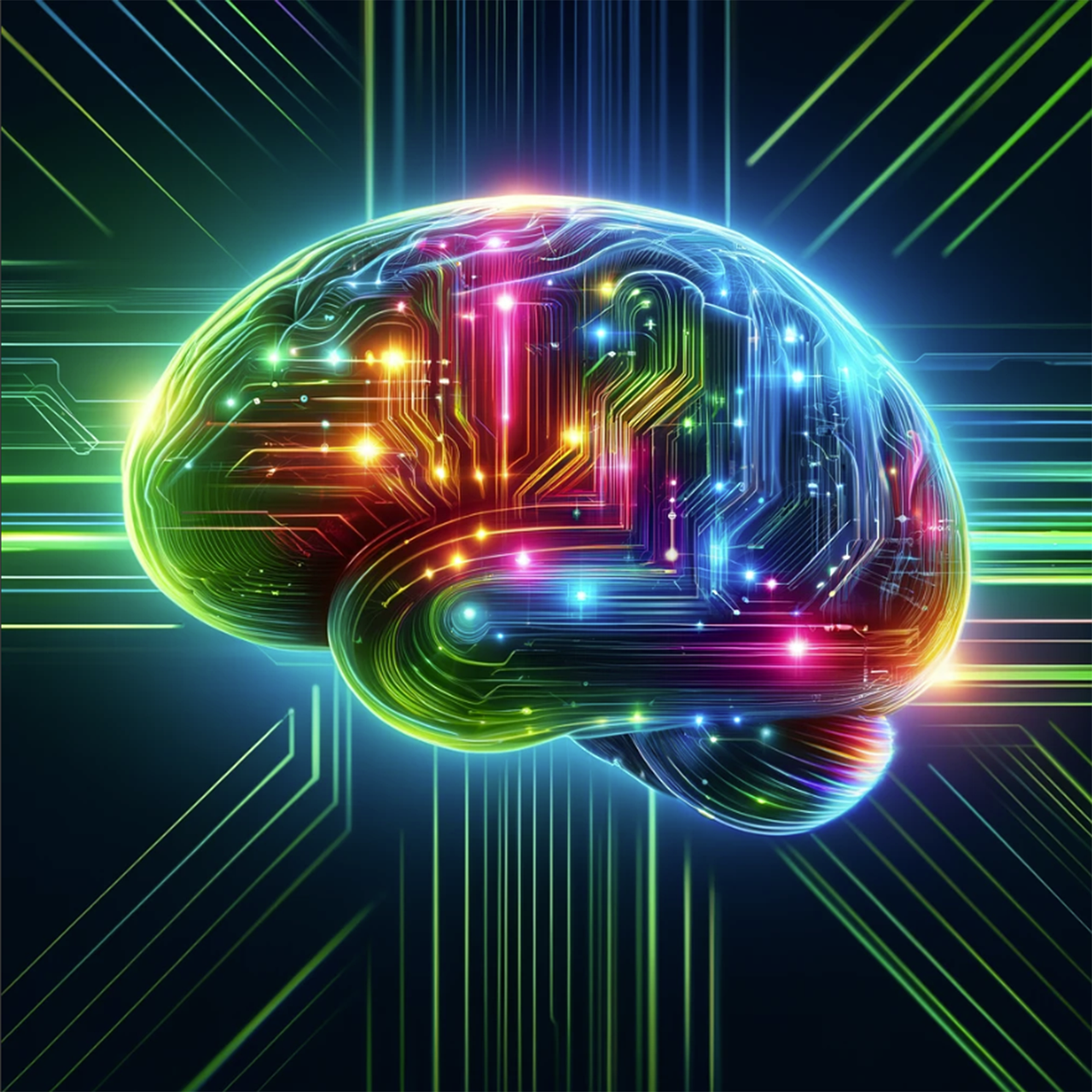
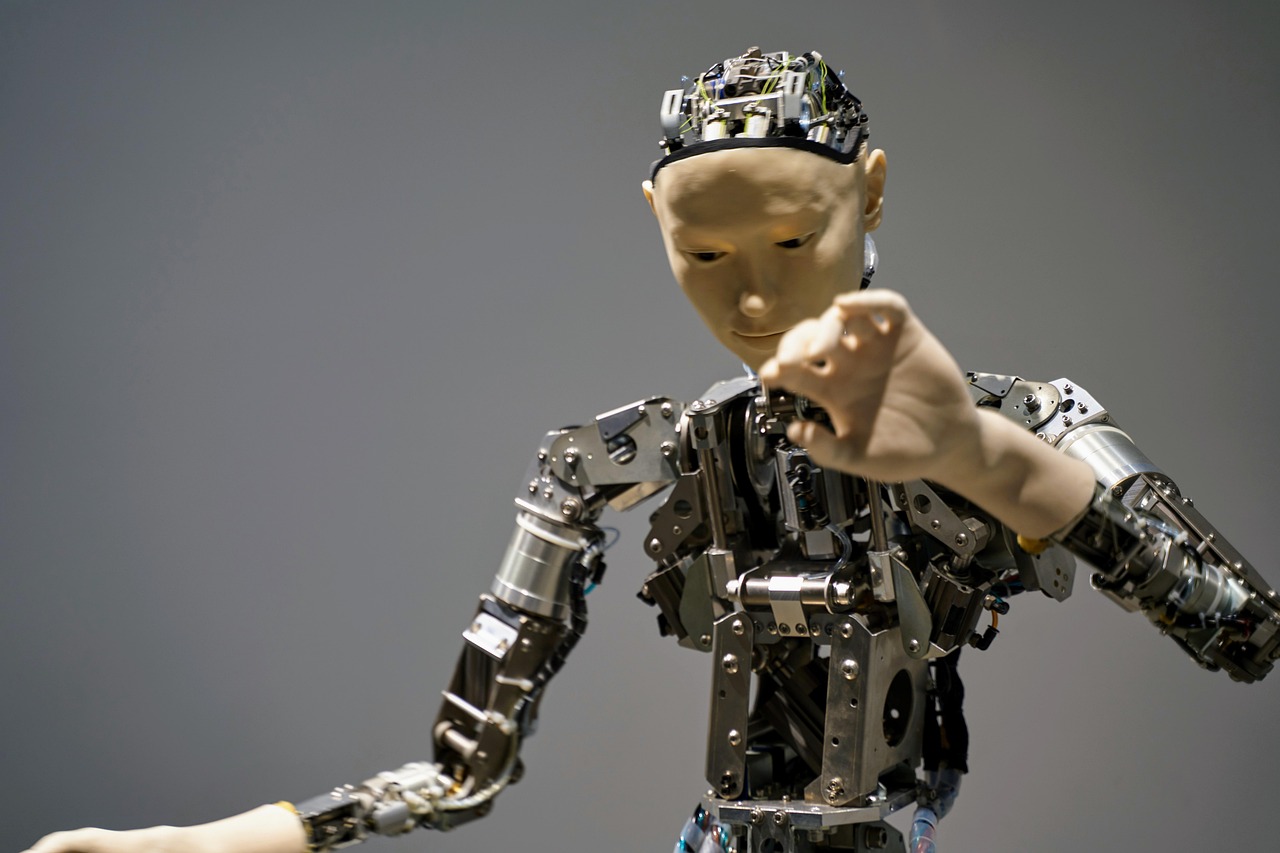


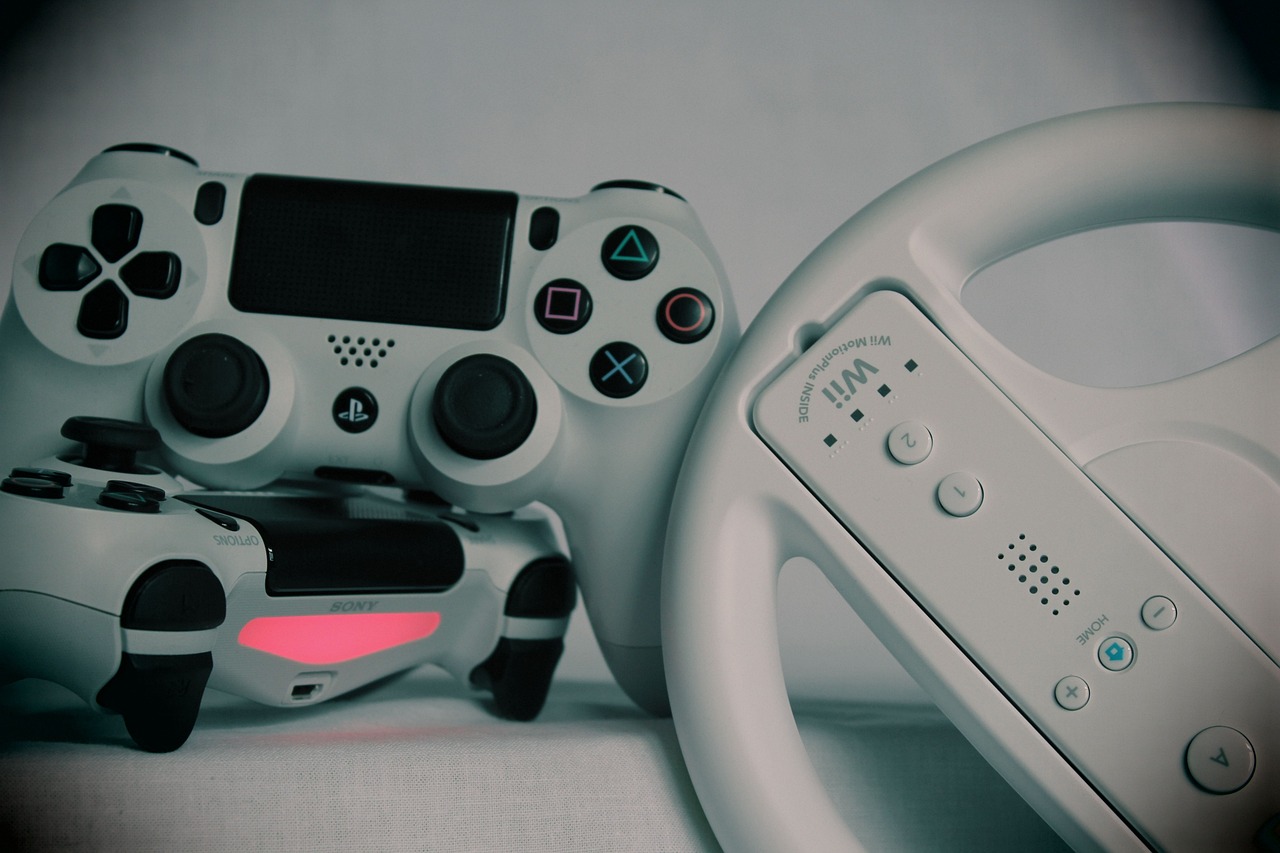


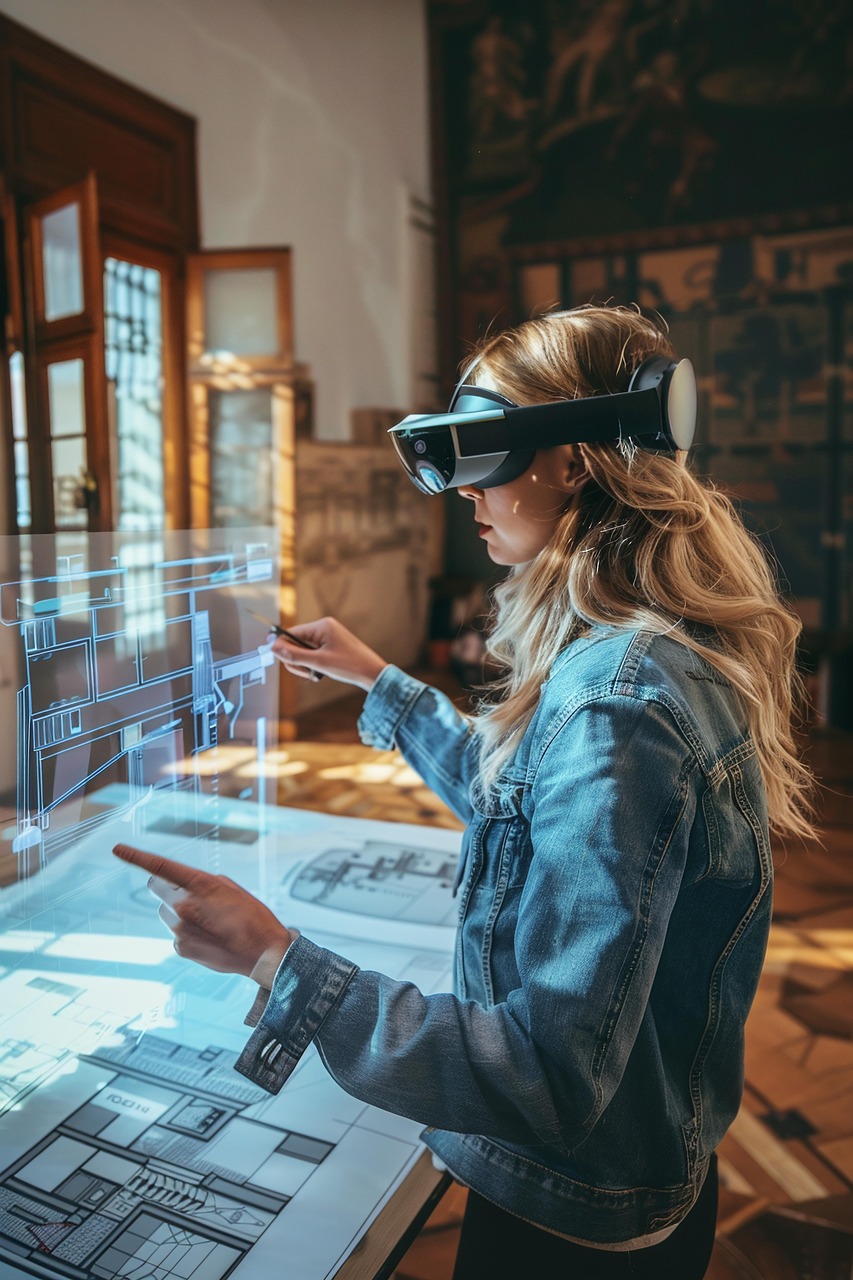






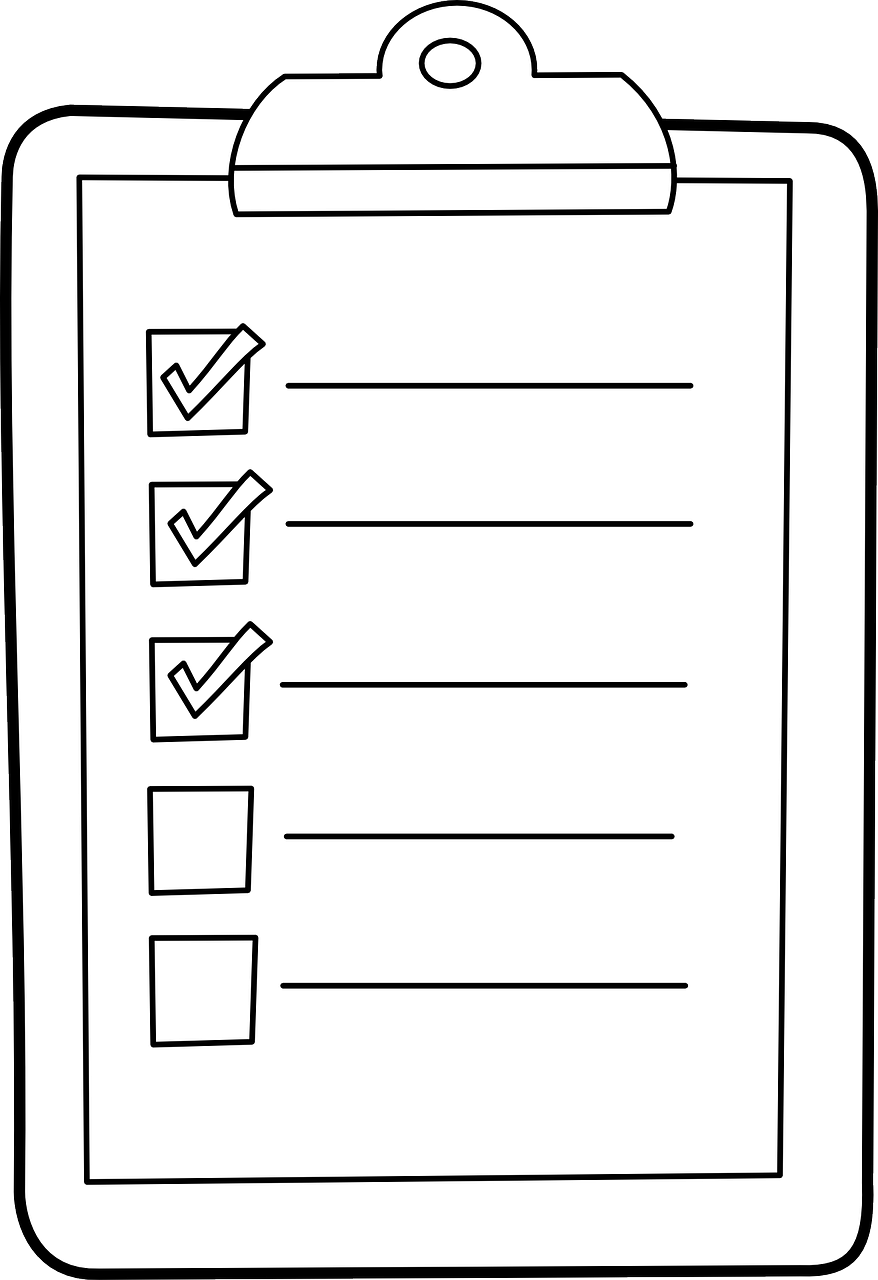


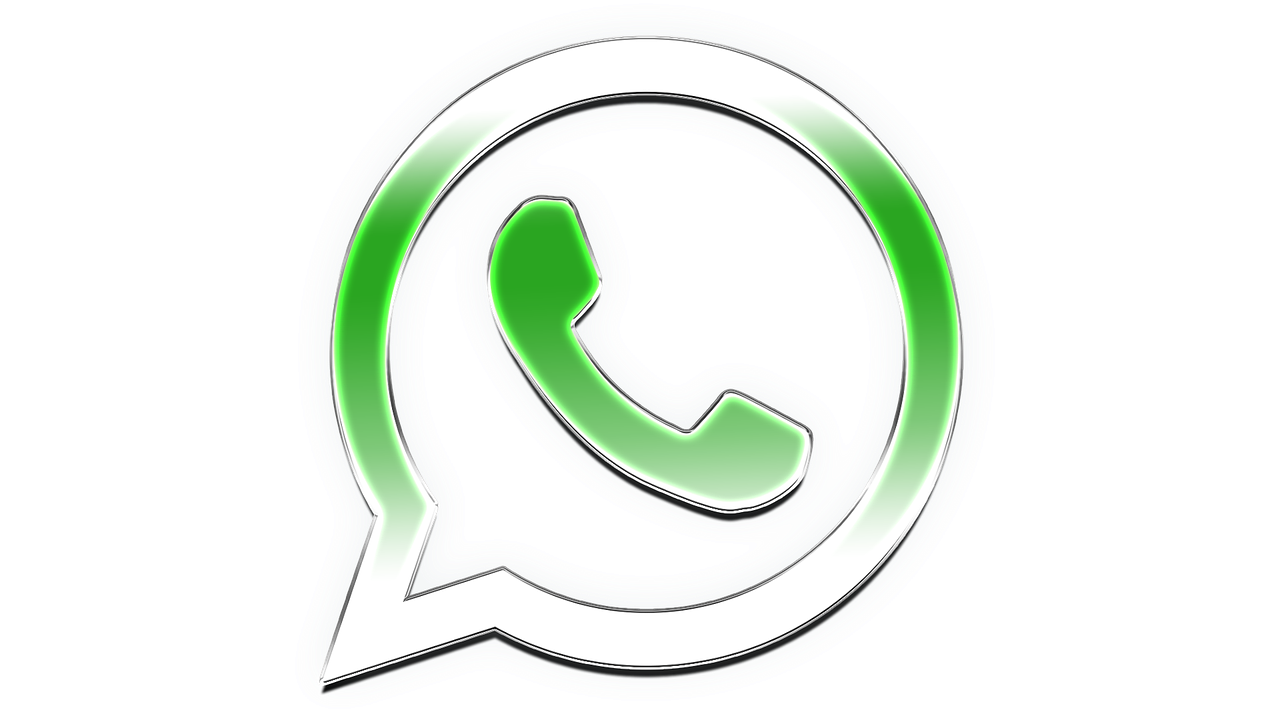
Reply to Comment